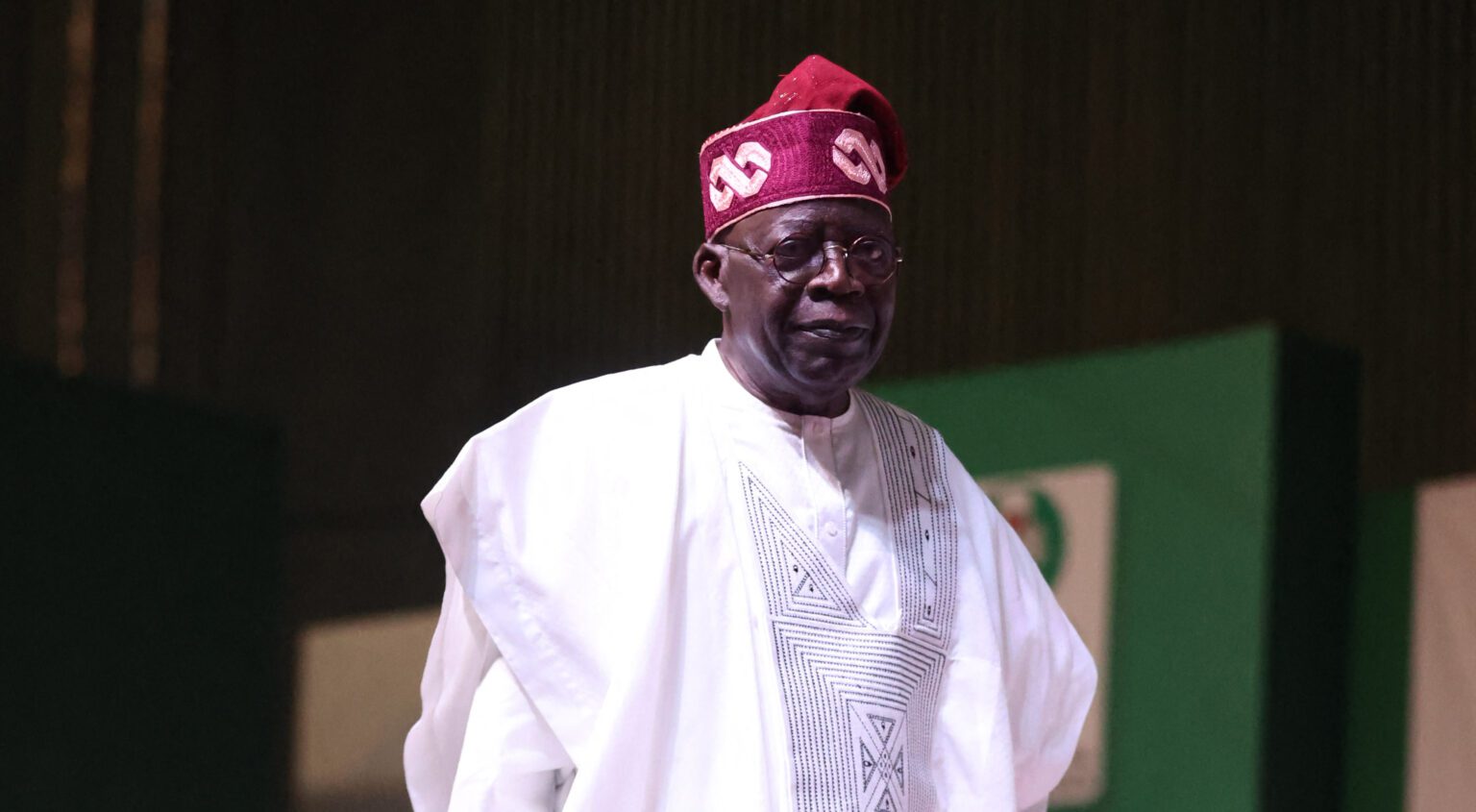Global Courant 2023-04-18 20:04:13
Foreign investors can be cautiously optimistic as Nigeria’s President-elect Bola Tinubu prepares for office as he has declared a willingness to implement much-needed reforms to improve the business climate. Caution must be the watchword, however, given the uncertainty about how much change he can effect.
After what many see as “the eight lost years” of Muhammadu Buhari’s tenure when the economy exploded and investor confidence slumped, Buhari’s recently elected successor looks set to at least start increasing the country’s fortunes. Not least because as governor of Lagos in the early 2000s, Tinubu oversaw significant growth, fueled by foreign investment, which helped revitalize the creaking megacity, particularly its transport infrastructure.
Room for improvement
While Tinubu’s electoral promises are ambitious, even if he makes modest economic gains, he will be seen as an improvement over Buhari. Under his supervision, the national debt mushroomed; foreign direct investment fell by more than 50%; the energy sector, the backbone of the economy, saw oil majors leave, with oil theft being a major reason; and foreign airlines, unable to repatriate dollars, threatened to suspend operations – Emirates did so temporarily. Buhari’s case was not helped by falling oil prices, but his failure to appoint skilled people to key positions, especially in the critical energy sector, added to the country’s economic woes.
Tinubu has suggested he will loosen some of the major brakes on foreign investment in Nigeria and overall economic performance. He clearly understands the challenges and bottlenecks, but what is unclear is whether he has the political will and support to overcome them.
The list of his proposed reforms includes: improving Nigeria’s baroque exchange rate regime, which creates significant uncertainty for businesses and citizens alike; tax benefits for companies; the elimination of a massive fuel subsidy (costing billions of dollars) along with closing tax loopholes to provide funds for priorities such as infrastructure and education; and strengthening governance and security in the troubled energy sector so that Nigeria can boost oil production and meet OPEC quota targets.
All sensible and promising, although previous leaders have promised such and similar reforms with limited results. And if the president-elect is serious about carrying out his plans, he will have to overcome powerful vested interests that take advantage of the status quo.
While Tinubu is vague about how he would stabilize the naira, he says he plans to work on the latter with the central bank, which could withstand a major reform of the country’s multiple exchange rates. The fuel subsidy keeps petrol cheap – plans to remove it would be highly unpopular among Nigerians and would be pushed back by politicians who profit from subsidy-related fraud. And a crackdown on oil theft in the Niger Delta, without action to encourage economic development in the region, could spark local unrest — the last thing Abuja needs as it struggles to contain an Islamist insurgency in the country’s northeast and herdsman-farmer conflicts in central Nigeria.
Problems with patronage
There are also questions about Tinubu’s intention to place specialists in key positions to oversee the changes he has planned. In the oil industry, that would mean hiring people with technical expertise to establish good governance and control – a clear departure from his predecessor, who self-appointed petroleum minister despite little knowledge of the industry.
But as the president-elect appointed technocrats as governor of Lagos between 1999 and 2007 – better managing the finances, public services and transportation system – he also gained a reputation for political patronage. Dubbed the “godfather”, he wielded influence over the city even after he stepped down, providing critical support for Buhari in both his successful 2015 presidential bid and subsequent re-election four years later. Significantly, Tinubu’s campaign slogan during his February candidacy was “Now it’s my turn”.
And now in power, will he reward friends and allies or keep his promise to appoint those with the required experience and expertise? Just as importantly, if he does the latter, he will be able to replicate his much-cited successes in Lagos on a national scale.
Some skeptics would argue that when he ran Nigeria’s commercial capital, oil prices were high and the country was experiencing an investment boom. Therefore, they say, it is difficult to determine to what extent his policies or the country’s favorable business climate provided the funds that enabled him to revitalize the city. Today’s situation is very timid, Tinubu is taking over just as the country is facing an economic crisis to delaywith oil prices set at reject in the second half of the year and a debt service/income ratio of around 80% leaving little room for fiscal maneuver.
While the financial outlook doesn’t look good, Tinubu will want to make a positive impact or his authority could come under scrutiny. He won only 37% of the vote in elections in which only 29% of the electorate participated. In addition, claims of irregularities have led to the outcome being challenged in court. Quick economic wins could be key to cementing its legitimacy with investors and voters, especially those who favored Tinubu’s more market-friendly election rival, Peter Obi.
Tinubu has made all the right noises about reform and has a decent administrative track record, raising hopes among some for an economic recovery backed by foreign investment over time.
Investors will likely be relieved that the curtain has fallen on Buhari and encouraged that his successor recognizes the problems plaguing the economy. But their investment decisions will likely be influenced by the way he handles them – a first indication of this will be the competence of those he appoints to key administrative posts.








